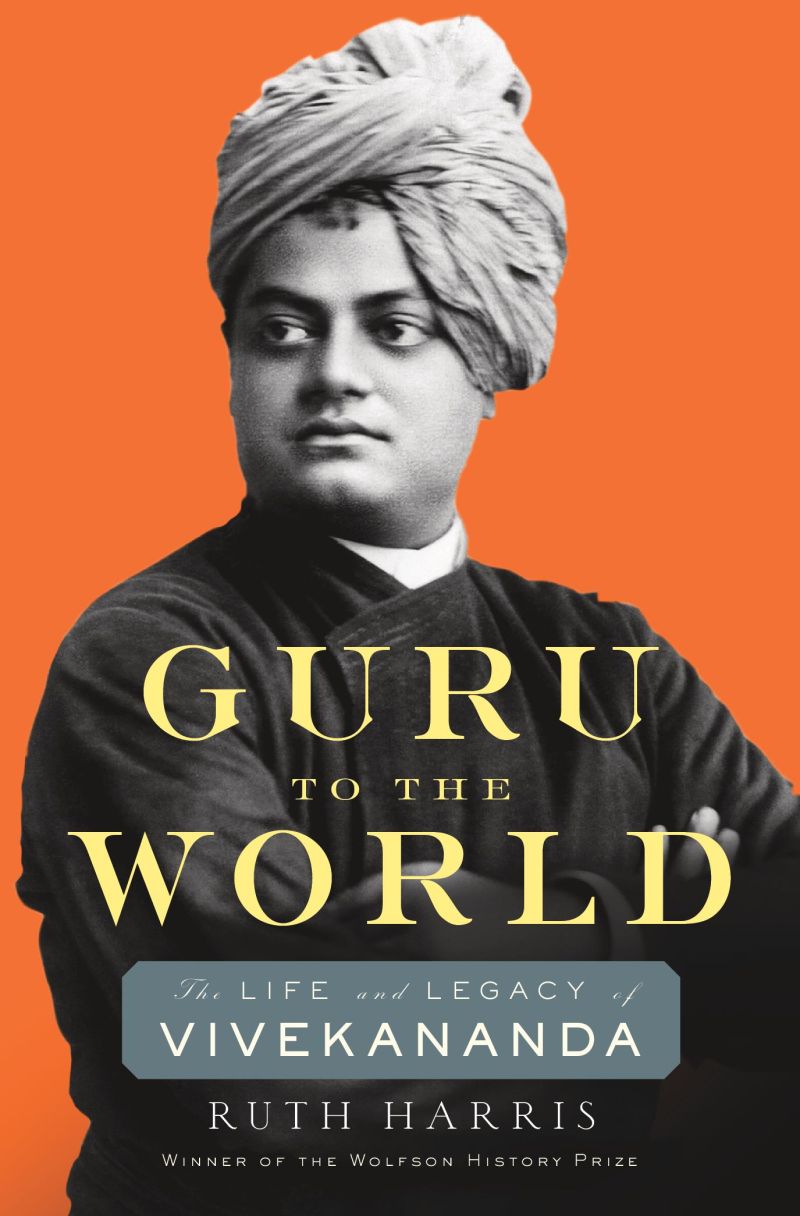Swami Vivekananda might never have become a guru to the world if he hadn’t met a stranger on a train. In the summer of 1893, he travelled from India to represent Hinduism at the World’s Parliament of Religions in Chicago, only to discover that he had arrived several months early. Not having budgeted for such a long stay, and bereft of other ideas, he remembered Kate Sanborn, an intellectual Yankee he had met on the train ride from Vancouver. He looked Sanborn up in Massachusetts, and soon became friendly with other Boston Brahmins who had long associated the East with enlightenment. By the time he wowed Chicago with the tolerance and intellectual suppleness of Hinduism, he had already begun to establish the mainly female network that would fund his missionary work back home. Today, he is remembered by Indians as a manly pioneer of Hindu nationalism, who advised his followers to eat meat and bulk up their biceps. In the West, he is known, if at all, in equally essentialist terms, as the Oriental mystic who taught Americans to do yoga. Ruth Harris, who confesses that she has never taken to yoga, argues that both representations miss the point. Vivekananda might have styled himself as an avatar of timeless Eastern wisdom, but he was a creature of steam trains and ocean liners. In the years between his appearance in Chicago and his early death in 1902, he became the face of a quintessentially modern – because newly global – form of religiosity.
Harris’s sprawling biography lucidly explores the moment when religious figures became conscious of themselves as global actors. In books on the history of Lourdes and the Dreyfus Affair, she revealed the spiritual dynamism of fin-de-siècle Europe. Her focus here isn’t the strange new articulations of Christianity arising from contests between French ultramontanes and their enemies, but an inchoate and infinitely more expansive form of spiritual modernisation. Vivekananda appealed to a loose coalition of Anglophone Protestants who were looking for a successor religion to Christianity, a universal faith that might be capable of inaugurating an ‘age of global idealism’. This new faith would offer intellectual reassurance to homeless Christians, as well as contradicting the racist and materialistic ontologies of empire. Yet in mediating between India and the West, Vivekananda and his friends were often misunderstood in both spheres.
